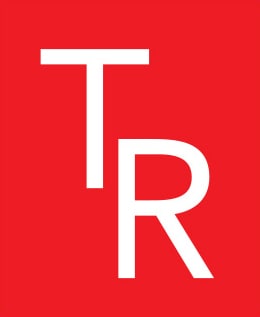It’s no surprise that since the pandemic remote work has become a hot topic, transforming the traditional office-based work environment. As employers call back many workers to the office with mixed success, it’s a topic sure to bring up a lot of differing opinions. Remote work has brought about a myriad of benefits and challenges for both employees and employers. We’re “remote work agnostic” and think that it depends on many factors as to whether it’s best for employers or employees. However, we can see both advantages and disadvantages of working remotely. Here are the ones that come to mind:
Pros:
- Flexibility and Work-Life Balance:
One of the most significant advantages of remote work is the flexibility it offers. Employees can create their own schedules, allowing them to better balance work with personal commitments and responsibilities. This can lead to reduced stress levels and increased overall job satisfaction. - Increased Productivity:
For many individuals, working remotely can lead to higher levels of productivity. Freed from the distractions and interruptions of a bustling office, employees can often focus better on their tasks and complete them more efficiently. Additionally, the ability to work in a comfortable, personalized environment can enhance concentration. - Expanded Talent Pool:
Remote work eliminates geographical barriers, enabling companies to tap into a broader talent pool. Employers can hire the best candidates regardless of their location, leading to a more diverse and skilled workforce. This can also help companies foster innovation and different perspectives. - Cost Savings:
Both employers and employees can save money with remote work arrangements. Employers can reduce expenses associated with office space, utilities, and equipment, while employees can save on commuting costs, work attire, and daily meals. - Environmental Impact:
Embracing remote work can have a positive effect on the environment. With fewer employees commuting, there is a reduction in traffic congestion and greenhouse gas emissions. This transition to a more sustainable work model aligns with broader efforts to combat climate change.
Cons:
- Communication Challenges:
While technology enables remote communication, it can sometimes be less effective than face-to-face interactions. Misunderstandings can occur, and it may be harder to gauge non-verbal cues, potentially leading to communication breakdowns. - Isolation and Loneliness:
Working remotely can lead to feelings of isolation, particularly for individuals who thrive on social interactions. The absence of casual office conversations and the camaraderie of a shared workspace can lead to feelings of loneliness and disconnection. - Work-Life Boundaries Blur:
Paradoxically, the flexibility of remote work can sometimes blur the boundaries between professional and personal life. It may be challenging for employees to “switch off” and disengage from work, leading to burnout and decreased overall well-being. - Security and Data Concerns:
Ensuring the security of sensitive information can be more challenging in a remote work environment. Companies need to invest in robust cybersecurity measures to protect against potential breaches and data leaks. - Lack of Access to Resources:
Remote employees may not have the same access to resources and tools as those working in a traditional office setting. This can include specialized equipment, software, or even a reliable high-speed internet connection, which could hinder productivity and quality of work.
Conclusion
The rise of remote work has revolutionized the way we approach employment, offering both opportunities and challenges. As with any work arrangement, there are distinct advantages and disadvantages. Striking a balance that aligns with your personal preferences and professional goals is key. By considering these pros and cons, you can make an informed decision about whether remote work is the right fit for you.



Recent Comments